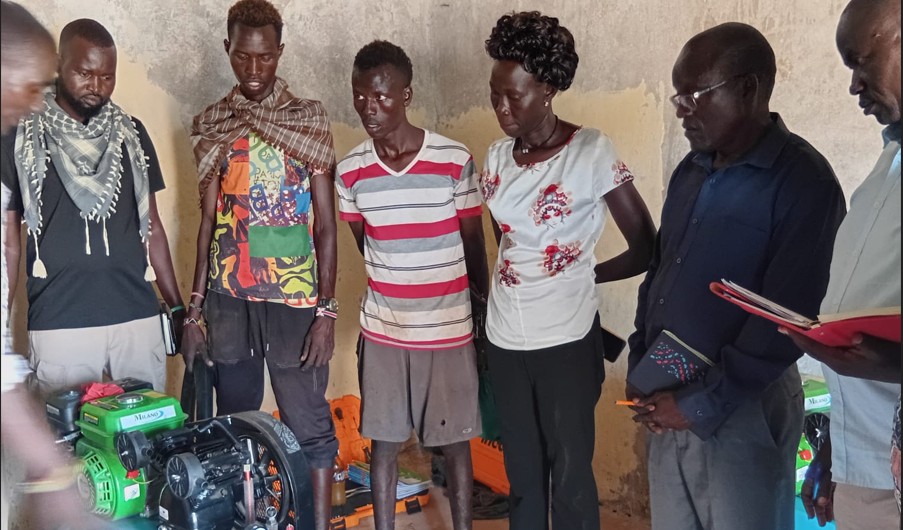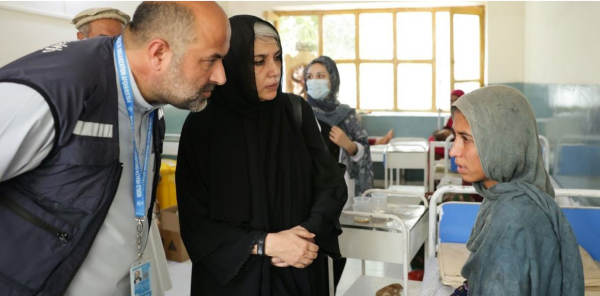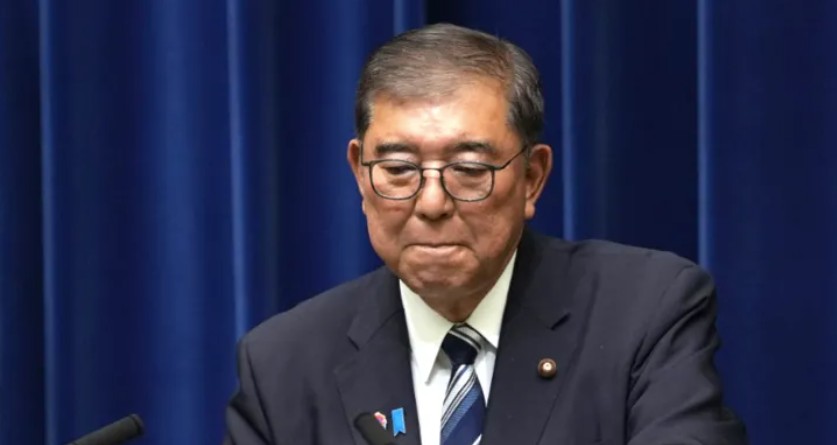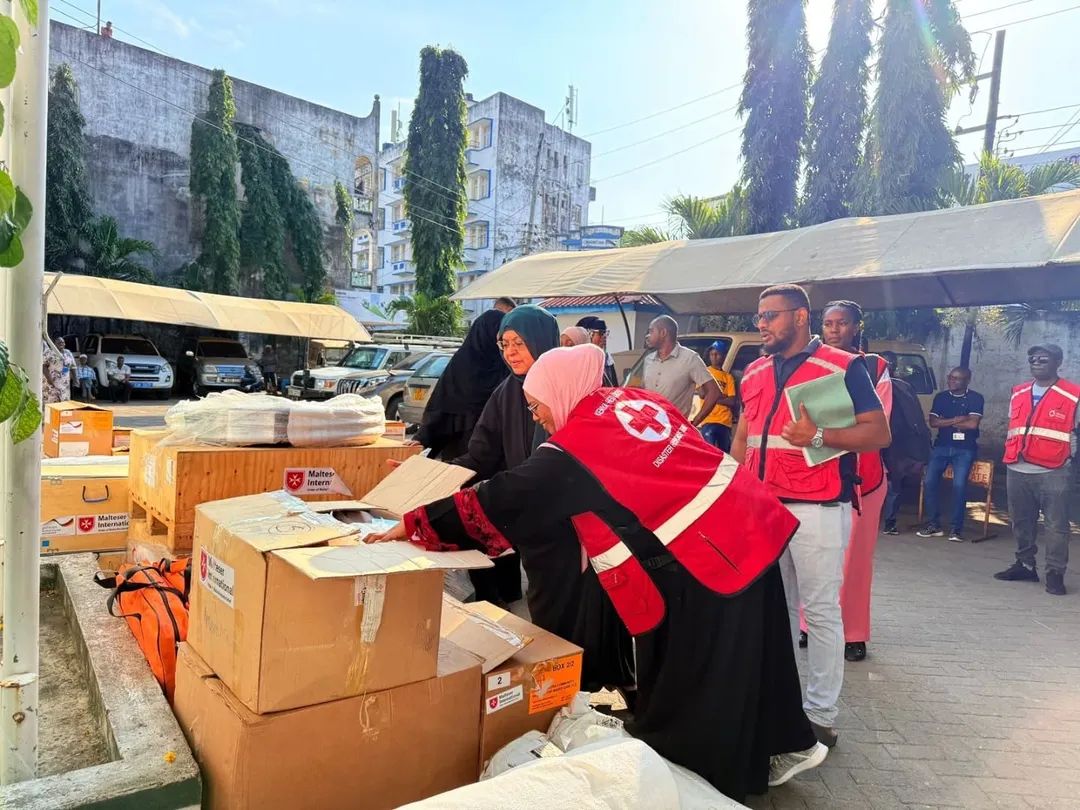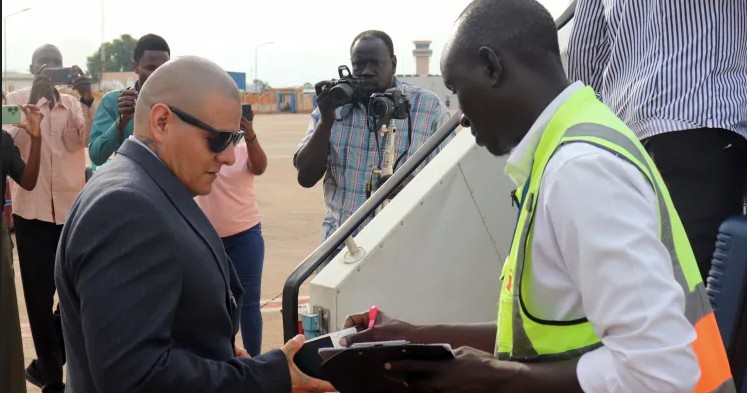Garissa residents urge state to scrap colonial-era boundary causing conflict with Tana River
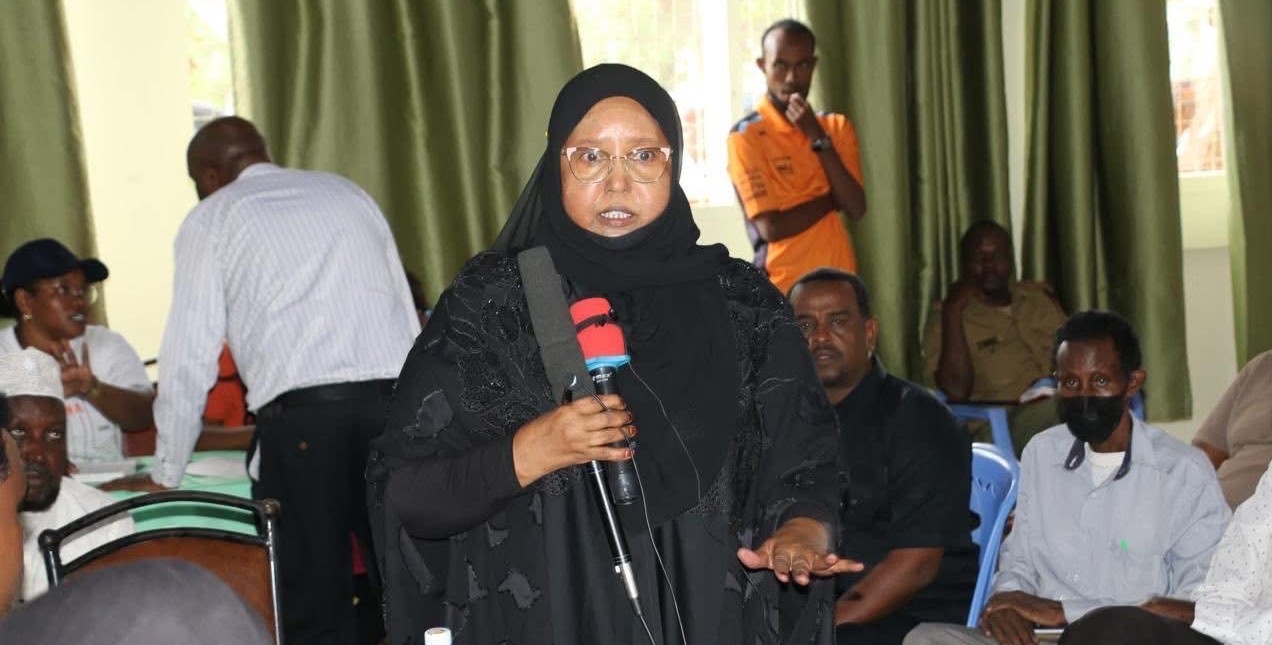
During a historic land injustices hearing by the NLC, Garissa residents protested that the outdated law remains in force despite the region being part of Kenya, fuelling ongoing conflict between communities in Garissa and neighbouring Tana River County.
Residents of Garissa County want the government to abolish the three-mile boundary strip that they say was drawn when the former Northern Frontier District (NFD) expressed interest in joining Somalia.
During a historic land injustices hearing by the National Land Commission (NLC), Garissa residents protested that the outdated law remains in force despite the region being part of Kenya, fuelling ongoing conflict between communities in Garissa and neighbouring Tana River County.
More To Read
- Garissa college leads fight against human trafficking with career outreach in County High School
- Over 5,300 land parcels set for allocation in Mandera
- Relief for residents as Coast Development Authority rolls out water project in Garissa
- Quba Islamic Centre in Garissa shut over leadership wrangles, clan clashes
- Sh3.16 billion released for Mombasa-Mtwapa road compensation, construction to resume
- Garissa residents set to benefit as Balambala Hospital goes digital
Former Ijara MP Sophia Abdinoor stated that the communities in Tana River and Garissa counties coexisted peacefully before and during the colonial era, until the clamour for Kenya’s independence begun and a referendum was conducted by the British colonial government asking the people of the Northern Frontier District including Garissa, Wajir, Mandera, Isiolo, Marsabit and Turkana whether they wanted to be part of Kenya or they wanted to join Somalia.
"Fearing marginalisation and discrimination, they overwhelmingly voted to join Somalia, resulting a resistance from the Kenyan government, and the current oppressive three-mile strip was drawn as a result of the Kenyan government fearing losing River Tana to the [then] ongoing succession plan by the NFD," she told the commission.
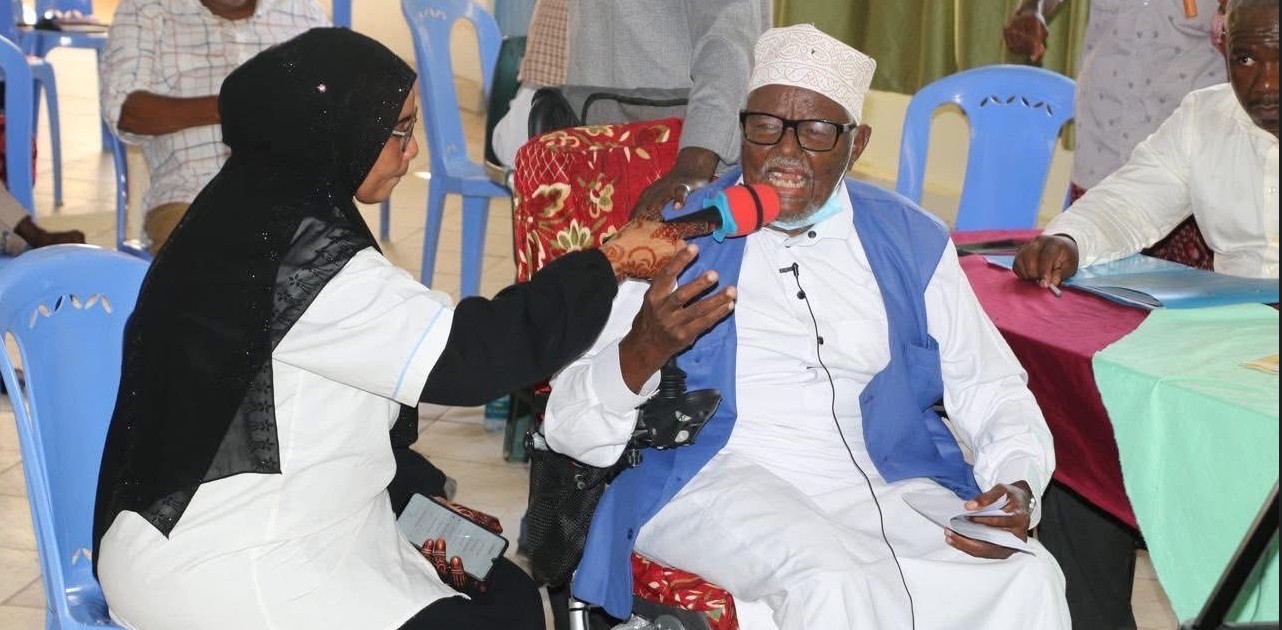 Dubat Ali Amey, an elder, addressing members of NLC during the meeting in Garissa on May 13, 2025. (Photo: Issa Hussein)
Dubat Ali Amey, an elder, addressing members of NLC during the meeting in Garissa on May 13, 2025. (Photo: Issa Hussein)
Coexisted harmoniously
She said despite the succession plan failing and the NFD region remaining to be part of Kenya, the law continued to exist, pitting the two communities in the neighbouring counties who coexisted harmoniously and sharing the River Tana water without conflict.
"Today, the people of Garissa cannot access the river; their livestock are frequently speared by the neighbouring community in Tana River, who consider the river belongs to them due to the existence of the three-mile boundary," she lamented.
She presented a handing over report by the colonial government to the Kenyan government, indicating that the communities in Garissa lived on the east side of the river while those in Tana River lived on the west side of the river.
She wants the government to abolish the three-mile strip boundary and instead have the river remain as the boundary that separates the two counties, a view supported by locals.
She cited a case where a village in Ijara was burnt down, and schools and health facilities were destroyed by the neighbouring community due to the boundary dispute.
"We are going nowhere; this is our ancestral land and heritage. Let the government revoke this archaic and barbaric law that was drawn out of fear," she insisted.
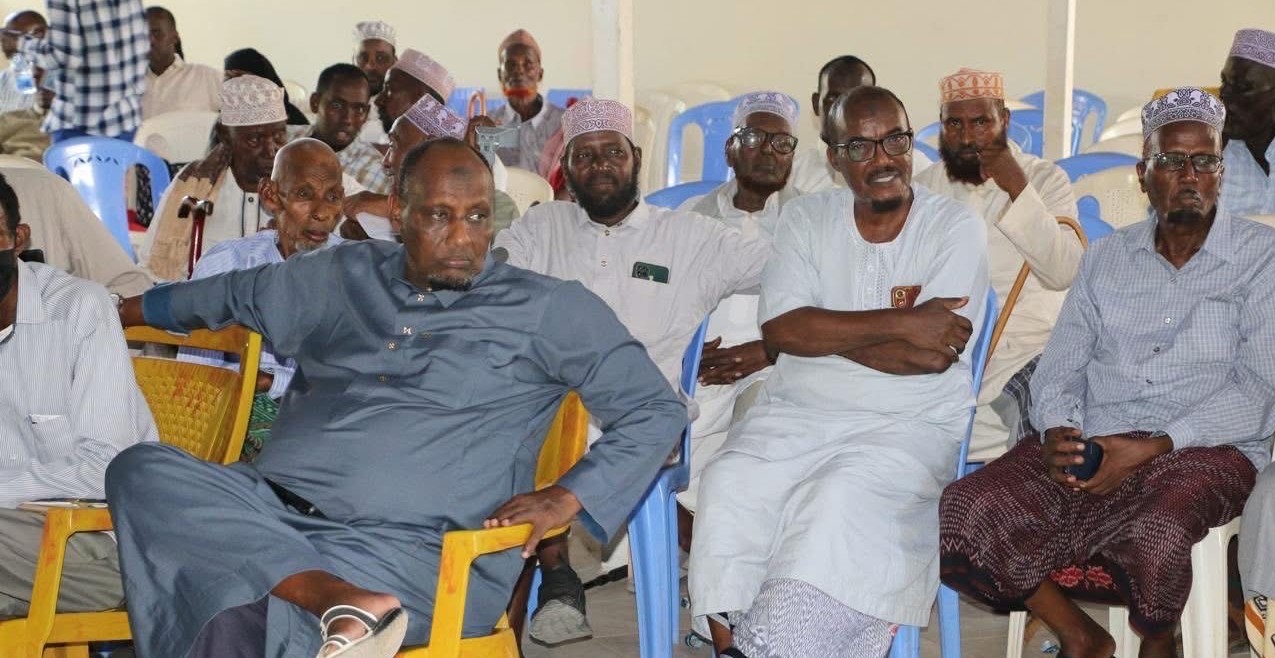 Some of the Garissa residents who attended the meeting with NLC on May 13, 2025 to discuss conflicts caused by the colonial-era three-mile boundary strip. (Photo: Issa Hussein)
Some of the Garissa residents who attended the meeting with NLC on May 13, 2025 to discuss conflicts caused by the colonial-era three-mile boundary strip. (Photo: Issa Hussein)
Revoke three-mile strip
Hassan Mohamed, an elder, equally urged the government to revoke the three-mile strip that brought a conflict between communities that previously coexisted harmoniously.
Dubat Ali Amey, another elder, could not hold his tears before the land commission led by Reginald Okumu, narrating the historical land injustices that were meted out against the people of Garissa.
"We lived where the current military camp is located. Our houses were torched, and we were forcefully evicted. We witnessed a lot of injustices that need to be revisited and addressed," he said.
He called upon NLC to move the military from the current Garissa camp situated in the middle of the town and return the land to its rightful owners.
Others narrated how they were forcefully evicted by the government from various premises in Garissa town, with the land now hosting critical government infrastructures.
Commissioner Reginald Okumu assured the residents that NLC would look into their submissions and address them.
He emphasised the need for proper documentation of public land and institutions, stating that the lack of documentation has made land grabbing easier.
Commissioner Hubby Hussein pointed out that much of the land in Garissa is not regularised, and numerous public institutions have fallen victim to land grabbing. She called for the need to reclaim such land.
Commissioner Tiyah Galgalo also highlighted the issue of multiple allocations where one parcel of land is registered under multiple names, calling it a persistent national problem.
Top Stories Today



